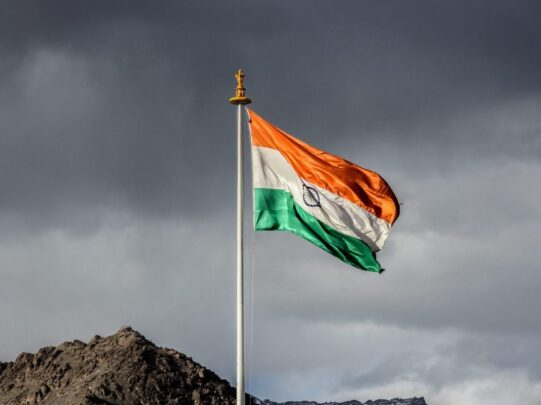The High Court of Tamil Nadu made a significant statement on Oct. 23, saying there is a need for Christian institutions to be regulated by a statutory government endowment body, like Hindu and Muslim institutions.
A bench of the court sought the opinions of both the federal government, led by the Hindu nationalist Bharatiya Janata Party (BJP), and the Tamil Nadu state government, led by the Dravida Munnertra Kazhagam (DMK). The two political parties strongly differ in their political ideologies.
The High Court stated that various instances of mismanagement of church properties and funds have been brought before the court in the absence of a statutory body to regulate the affairs of Christian institutions.
Large Episcopal church institutions, holding properties worth billions of rupees and running medical and educational institutions, have been in the news over alleged misappropriation of funds and illegal sale of properties. Many similar litigations have been filed in courts elsewhere in India.
In this specific instance, a bench of the Tamil Nadu Head Court, which is also known as the Madras High Court, heard multiple petitions related to the appointment of a correspondent at Scott Christian College in a town known as Kanyakumari and the handling of employee salaries.
The petitions included one filed by Baiju Nijat Pal from another Tamil Nadu city, Nagercoil, who claimed a court order to appoint him as college correspondent had not been implemented. The court noted that such arbitrary decisions seemed to stem from internal rules meant to maintain control over the administration.
Justice N. Sathish Kumar, who was hearing the petitions, said that Christian institutions have significant public contributions to education and healthcare. Therefore, it is important to safeguard their assets and funds. He said there is a danger of the depletion of funds by vested individuals who are in authority without a regulatory framework for church endowments.
Meanwhile, such statements coming from the High Court could empower the BJP, which is trying its best, although so far unsuccessfully, to make its presence felt in this southern state through its Hindu nationalistic strategy. The BJP often accuses the DMK government of favoring the Christian community.
The DMK, on the other hand, is politically aligned with the Dravidian movement, which has had a strongly socialist character and rebuffs the hegemony of all things that are North Indian — the political parties and the Hindi language.

